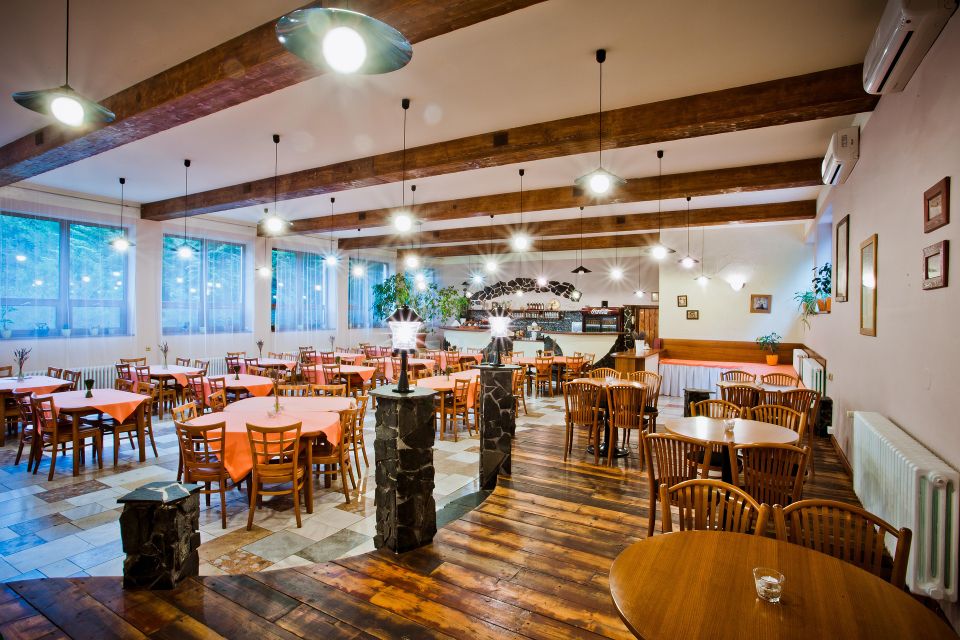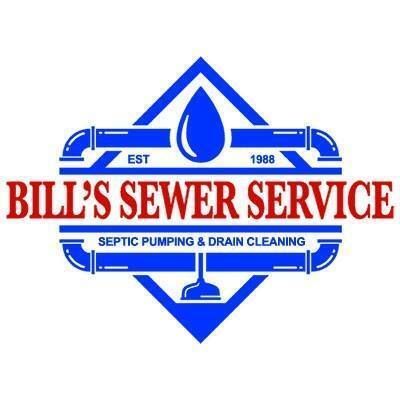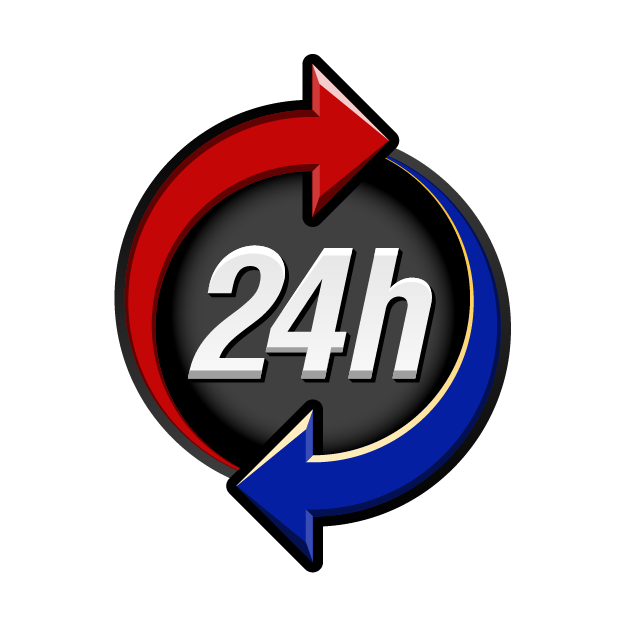
As a restaurant owner or manager, you have a long list of responsibilities. Have you ever thought about your grease trap? Do you know what your grease trap is? It likely hasn’t been something that you have worried about amongst your other to-do’s but grease traps are essential for a smooth-running kitchen. These plumbing devices capture fats, oils, and grease (FOG) before they can clog up your pipes and damage the sewer system.
Without proper maintenance, a grease tap can lead to unpleasant odors, costly plumbing repairs, and even health violations. The technicians at Bill’s Sewer and Drain Service in Twin Falls, Idaho know all there is to know about grease traps. In this guide, you’ll learn everything you should know; from how they work to the best ways to keep them clean and compliant with local regulations.

